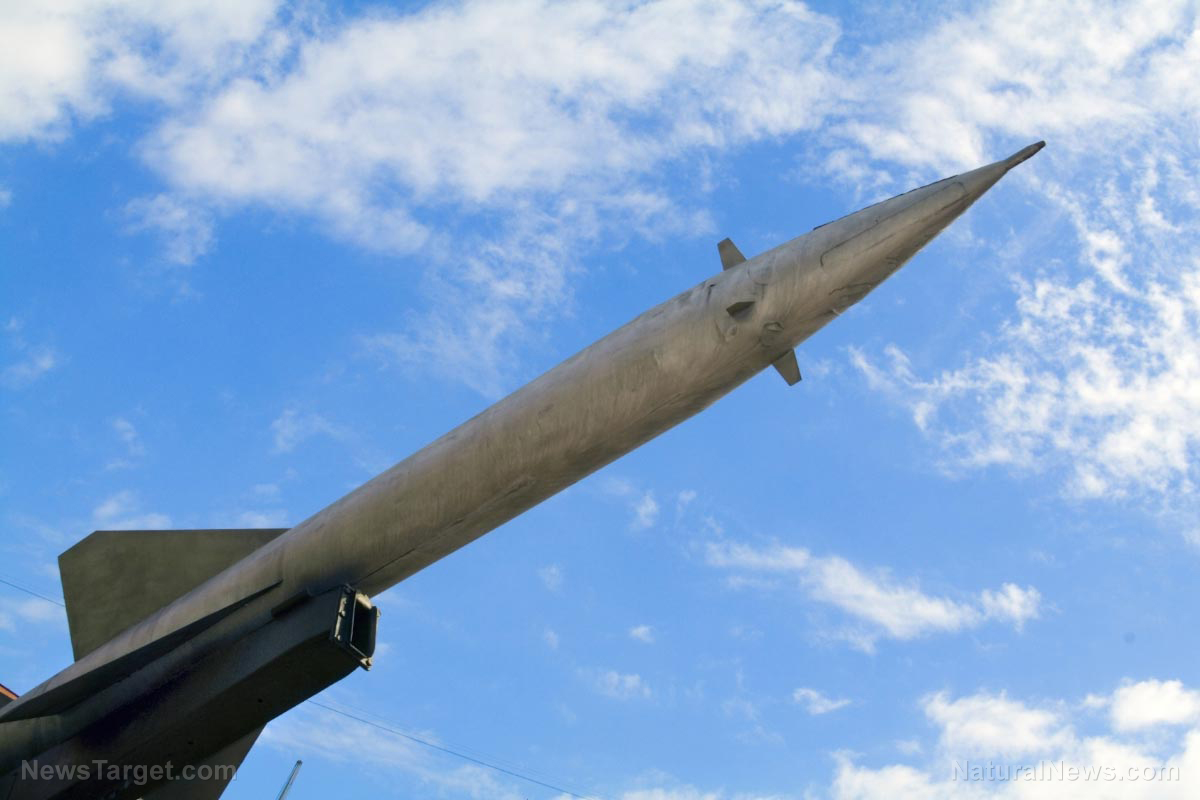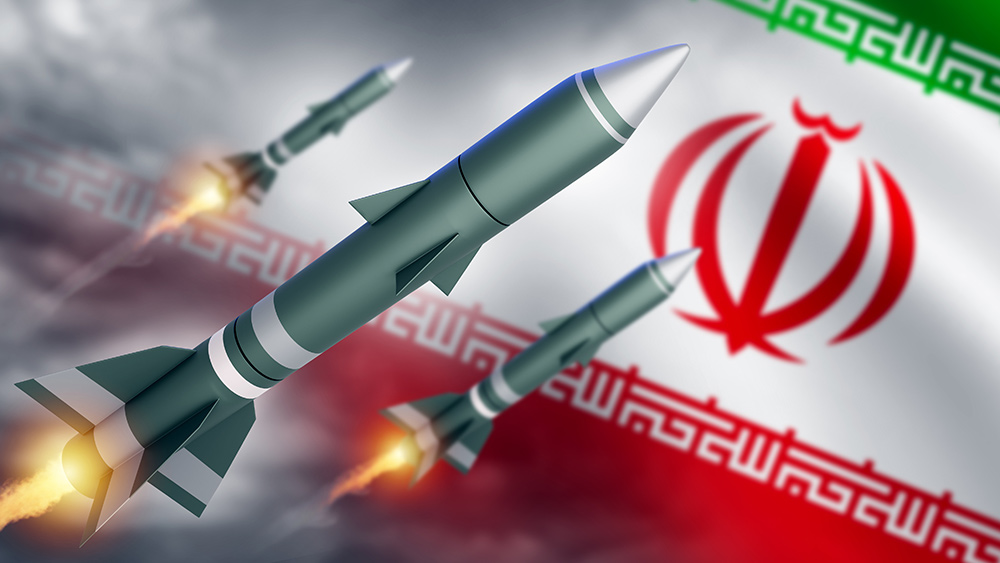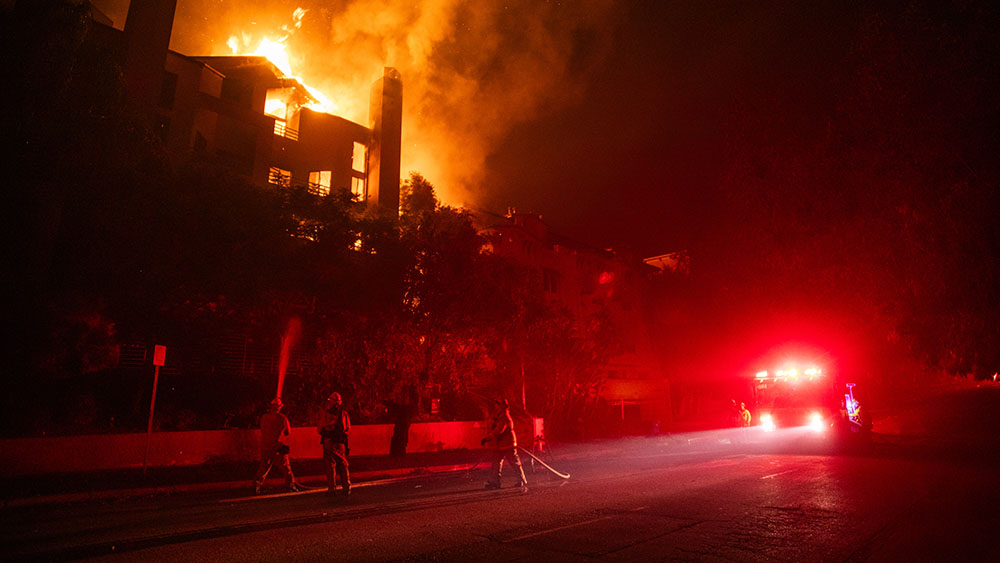 Parler
Parler Gab
Gab
- President Donald Trump threatened more airstrikes if Iran resumes uranium enrichment, following U.S.-Israeli attacks on nuclear sites (Fordow, Natanz, Isfahan) that severely damaged Iran's program.
- Despite the damage, Iran refuses to abandon enrichment, calling it a national achievement. Foreign Minister Araghchi admitted setbacks but vowed to rebuild, rejecting U.S. proposals for alternative uranium sources.
- Israel insists Iran is developing nuclear weapons, but the IAEA and U.S. intelligence lack proof. Critics argue Israel's warnings are politically motivated, yet the U.S. still backed the strikes, drawing global condemnation.
- Iran is negotiating with world powers (Russia, China, E3) ahead of potential harsher sanctions, but talks exclude the U.S. Trump dismissed Iran’s stance as "stupid" and threatened more military action if enrichment resumes.
- With no diplomatic progress and military threats increasing, the region faces heightened conflict risks. The world watches for a breakthrough but prepares for further violence.
Israel's unverified claims
The U.S. has repeatedly pressured Iran to halt enrichment, arguing that its nuclear energy needs are minimal, making up less than one percent of the country's total energy consumption. Washington has even suggested that Iran join a consortium with neighboring nations like the United Arab Emirates and Saudi Arabia to obtain enriched uranium for civilian purposes. But Tehran has rejected the proposal outright. Supreme Leader Ayatollah Ali Khamenei has framed Iran's nuclear capabilities as a source of national prestige, boasting that few countries possess a complete nuclear fuel cycle. (Related: Israel depleting its missile defenses amid Iran barrage.) Israel has long maintained that Iran is on the verge of building a nuclear bomb, but the claim has been repeated for decades without concrete proof. In the lead-up to last month's strikes, Israeli and some Western security experts argued that Iran could produce a nuclear weapon within days if it chose to do so. However, the IAEA and U.S. intelligence agencies have found no evidence that Iran is actively developing nuclear weapons. Critics argue that Israel's persistent warnings are more about geopolitical strategy than verifiable threat assessment. Still, the lack of evidence did not stop the U.S. from joining Israel's bombing campaign, and the move drew widespread condemnation. The United Nations warned of severe regional consequences, while Russia labeled the strikes "unprovoked aggression" and a breach of international law.Diplomatic deadlock and looming sanctions
With tensions at a boiling point, Iran is now scrambling to negotiate before an August deadline that could trigger even harsher international sanctions. Tehran is set to meet with both allies (Russia and China) and adversaries (France, Germany and the U.K., known as the E3). But one key player remains absent from the table: the United States. Since the June strikes, Washington and Tehran have not engaged in direct talks. Trump, meanwhile, has doubled down on his aggressive rhetoric. Over the weekend, he dismissed Iran’s stance as "stupid" and threatened further military action. "We wiped out their nuclear possibilities. They can start again," he declared. "If they do, we'll wipe it out faster than you can wave your finger at it." Iran, for its part, continues to deny any intention of building nuclear weapons. Araghchi reiterated last week that Tehran is willing to take "any confidence-building measures" to prove its program is peaceful. He also dismissed allegations that Iran seeks to destroy Israel or assassinate Trump. The situation remains volatile. If Iran attempts to restart enrichment, Trump's threats suggest another round of airstrikes is likely. Meanwhile, Israel's unverified claims about Iran's nuclear ambitions continue to fuel tensions. With diplomacy at a standstill and military posturing intensifying, the risk of further escalation looms large. Watch President Trump claiming that Iran is ready for a new nuclear deal in this clip. This video is from the NewsClips channel on Brighteon.com.More related stories:
Iran admits nuclear facilities “badly damaged” by U.S. strikes. Iran rules out diplomacy amid Israeli attacks. Iran will not end its nuclear program and WWIII has only accelerated, despite the government’s insistence that everyone is crazy for suggesting so. Sources include: RT.com FoxNews.com Reuters.com Brighteon.comIranian nuclear scientists’ secretive Russia visit raises Western alarms
By Belle Carter // Share
ICE applications surge to over 78,000 following passage of Trump’s “Big Beautiful Bill”
By Laura Harris // Share
Governments continue to obscure COVID-19 vaccine data amid rising concerns over excess deaths
By patricklewis // Share
Tech giant Microsoft backs EXTINCTION with its support of carbon capture programs
By ramontomeydw // Share
Germany to resume arms exports to Israel despite repeated ceasefire violations
By isabelle // Share










